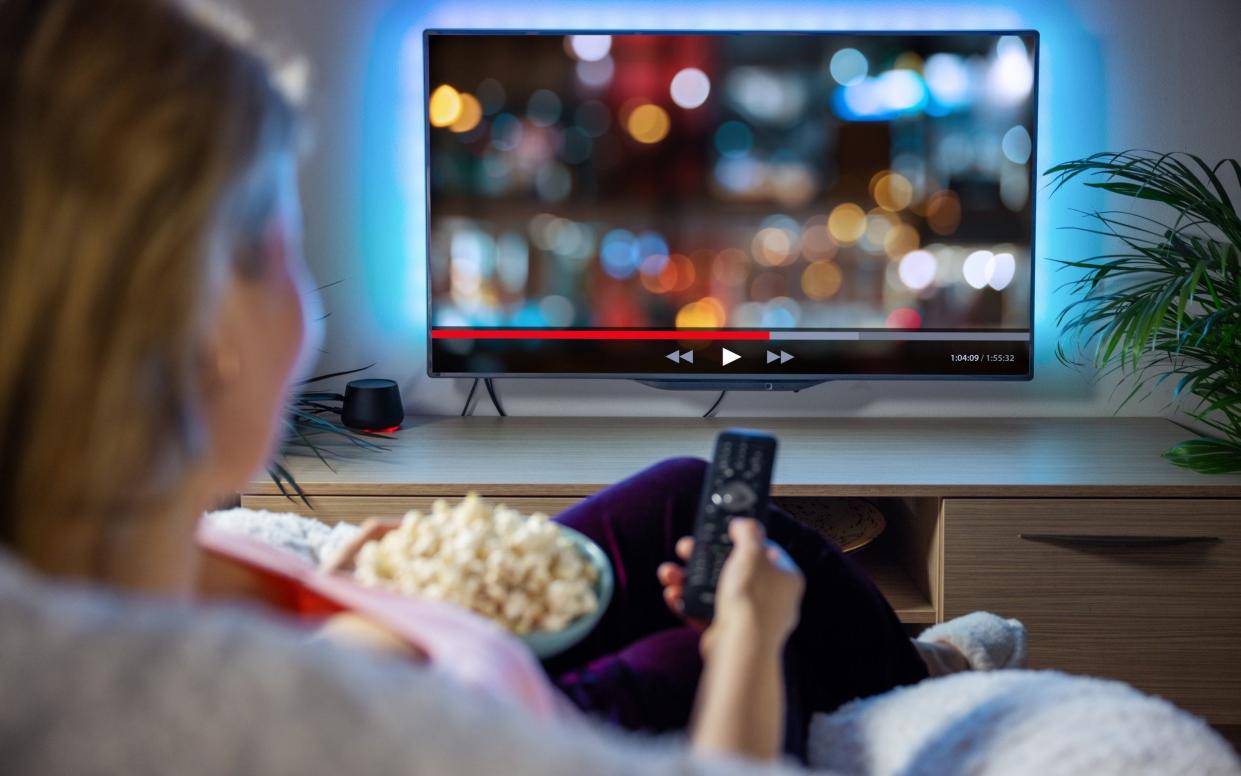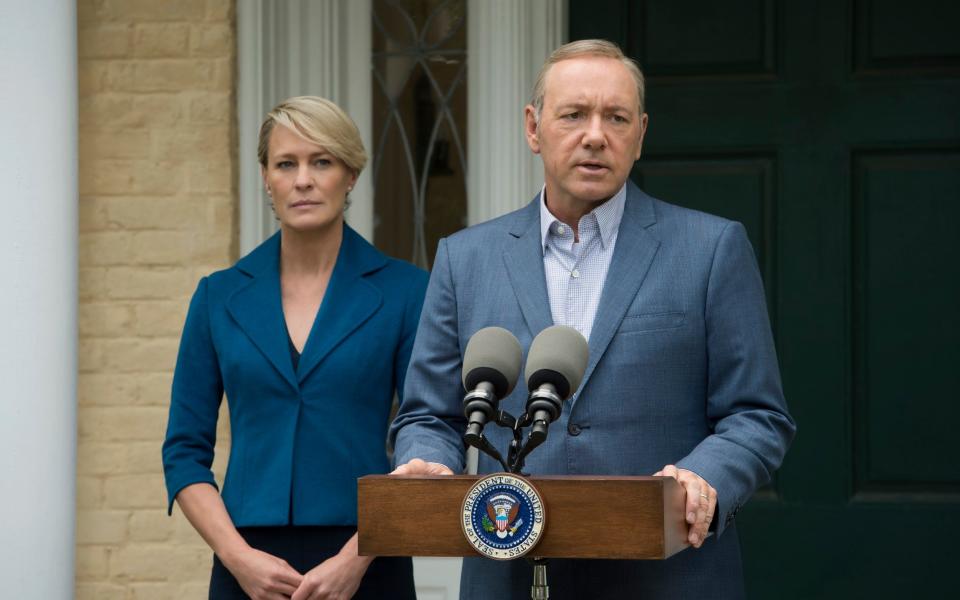Netflix’s new password crackdown – and what it means for you

Ten years ago this week Netflix launched House of Cards. The Hollywood Reporter were stunned – “Netflix Launching Entire Run House of Cards in One Day.” A whole series flung out all at once like a gift from a digital god.
“Netflix is giving viewers complete control over how and when they watch the show,” Ted Sarandos, Netflix CCO said at the time.
Ten years on, the headlines are slightly less generous – “Netflix to Crack Down on Account Sharing” the same publication trumpeted in February 2023.
“Today’s widespread account sharing (100 million-plus households) undermines our… business…,” the company said sternly in its quarterly report, announcing that password clampdown trials in Latin American would be spreading to the rest of the world from April. That didn't quite happen, but in its April earnings report the company confirmed that password crackdown would reach the US in June – following the success of its “paid sharing” plans in Canada, New Zealand, Spain and Portugal.
Given the range of different options Netflix is trying, the rules are… complicated. But let’s try to explain how it’s supposed to work.
First out of the box in the UK is the aforementioned, cutely named “paid sharing”. This means that where you used to be able to hand out your password to mates, exes, the bloke down the pub and the nice Uber driver without consequences, Netflix will be keeping an eye on you.
If it’s clear your account is in use in more than one household, the original account holder will have to pay £2.40 so that household has its own account. Sadly, this also means that MUM won’t have that weird face from A Series of Unfortunate Events as her “who’s watching” pic on your log-in screen anymore. It’s a little moot what happens to your iPad if you’re watching it in the Holiday Inn on the Hangar Lane gyratory system but gradually, over the year, Netflix is rolling out the 31 Day Solution.
'Love is sharing a password.'
~ Netflix, 2017 pic.twitter.com/BmODXKIfG4— Michael O'Connor (@NoWordCount) February 1, 2023
Let’s say your name is Stephen. You watch TV at your house and pay your bill but give Matt, Ed and Lisa your password. Once you log in or switch on for the first time, Netflix will ask you to name your primary location. After that, all the devices logged into your WiFi will be nodded through as long as they don’t get too dusty.
“To ensure that your devices are associated with your primary location, connect to the Wi-Fi at your primary location, open the Netflix app or website, and watch something at least once every 31 days,” the company explained jovially on its support page.
If Matt, Ed or Lisa log on from their own Wi-Fi, Netflix will lock them out and e-mail you a code. This allows you or them to log in happily. If you’ve been on an oil rig or your Maldives holiday home for 32 days the same thing applies. You’ll have a code sent to unlock your account to prove it's you who’s where you are. To get around this, you could always get Matt, Ed and Lisa over once every 31 days for a password party.
At this stage, however, that’s the basic picture. There’s no pay-as-you-go meter enforcement operations mooted. Students using the family log in can carry on watching as long as every time they switch on they call their parents for that log in code.

Speaking as the parent of a student who tends to start watching Netflix around 3am, I strongly suspect we are not going to operate this system successfully and will rapidly move to “paid sharing”. Which is the idea, obviously – to make it more irritating to whine to your friend every time you want to watch TV than get your own Netflix account.
But how much will it cost? So far, that's unclear. In Canada Netflix charged CAD$7.99 per month per person, NZD$7.99 in New Zealand, €3.99 euros in Portugal, and €5.99 euros in Spain. The company's co-CEO Greg Peters has indicated that viewers in more “affluent” countries will be charged more.
After a brutal start to 2022 – losing subscribers to rival streamers, cutting off Russian viewers and facing streamer exhaustion – Netflix has been adding subs and needs to keep going to pay off its still sizeable debts. 7.7 million more people signed up in the last three months of 2022, and 1.75 joined at the beginning of 2023 – which suggests the Harry and Meghan documentary was far from commercial suicide.
Which matters, as Tom Harrington at Enders Analysis points out, Netflix is in the attention economy and “Netflix wants to be where you see the most talked about content in the world.”
That used to be easy. Give away all of House of Cards at once and have a fairly lax approach to people handing out passwords. The classic ‘this first one is free’ approach of the Hollywood movie drug dealer. But now, they need must-see content and stricter sign up. “What did Harry say? Stop yelling at me dad, I just got back from clubbing. OK, forget it, I’ll get my own subscription.” Frank Underwood would be proud.

 Yahoo Movies
Yahoo Movies 
